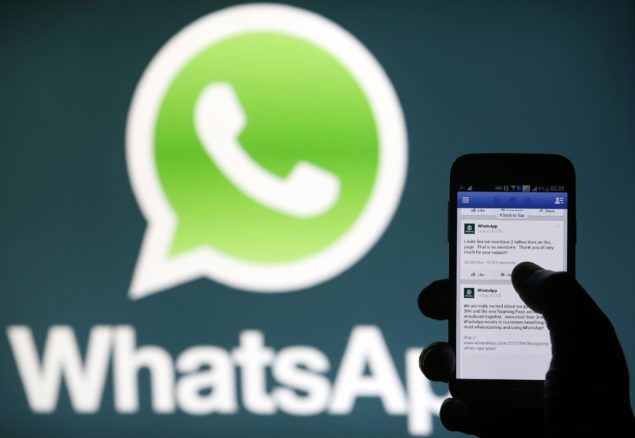Facebook has said it will stop its plans to share Whatsapp user data in Europe for the time being after officials objected to the move.
Facebook, which owns WhatApp, said that it will not share the user data for the purpose of product advertisement. Earlier, the United Kingdom Information Commission had objected to Facebook’s plans of using user data for advertising tracking purposes.

This move was undertaken after Elizabeth Denham, the United Kingdom’s Information Commissioner, in the course of her investigation found that the consumers were not protected under the new policy as it allowed a window of just 30 days for users to opt out of the data sharing facility. Even if one denied access, Facebook still could use some data for its purposes. She also said,” It’s fair to say the enquiries my team have made haven’t changed the view. I don’t think users have been given enough information about what Facebook plans to do with their information and WhatsApp has not got valid consent from users to share the information.”
The commissioner has criticized the policy’s terms of service as they are not clear and informative. This criticism has been disapproved by a Facebook spokesperson. Facebook says that WhatsApp had updated its privacy policy and terms of agreement for helping the users know how the service works.

In September, a German privacy regulator prevented Facebook from collecting and storing WhatsApp users’ data in the country. Even the Delhi High Court asked WhatsApp to remove the data of those users who deleted their accounts before Sept. 25. The central government was asked to issue a directive and the Telecom Regulatory Authority of India was told to frame rules for regulating such services.
Two-Factor Authentication For WhatsApp Coming
In a related news, the Android Police reports that WhatsApp has started a two- factor authentication and it has been spotted on the Windows phone beta. On activation, the app requires a static six-digit passcode every time a new device is registered to the account. Till date, only an SMS confirmation message was required to activate one’s WhatsApp account on a new device, which was sent to all devices registered under that phone number, an easy target for hackers.

























